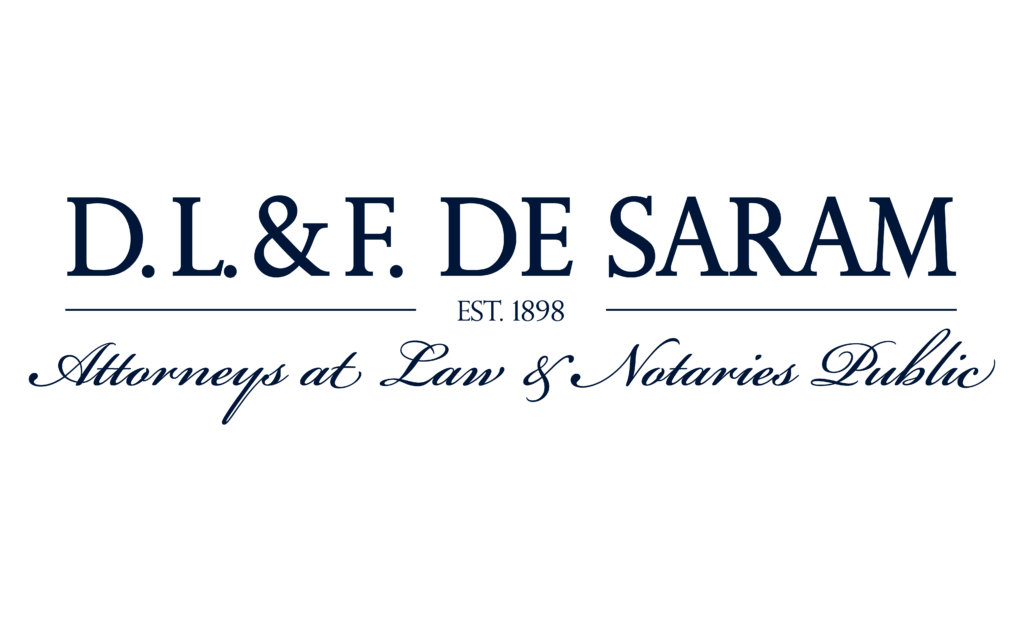Dual Roles In Corporate Governance: Directors As Employees In Sri Lanka.
In Sri Lanka, the Companies Act No. 7 of 2007 outlines the duties and liabilities of directors, but the recognition of directors as employees remains nuanced. This article explores the legal framework in Sri Lanka, examines relevant case law, and compares approaches in other jurisdictions, including England, Australia, and India.
Directors’ Duties and Liabilities under the Companies Act
The Companies Act No. 7 of 2007 in Sri Lanka delineates the responsibilities of directors to ensure sound corporate governance. Key duties include:
- Duty to Act in Good Faith (Section 187): Directors must act in good faith and prioritize the company’s best interests.
- Duty to Exercise Care and Diligence (Section 189): Directors are required to exercise a reasonable degree of care, skill, and diligence in their roles.
- Duty to Disclose Interests (Section 192): Directors must disclose any personal interest in transactions involving the company.
These provisions aim to promote transparency and accountability within corporate structures.
DUAL ROLE: DIRECTOR AND EMPLOYEE
Under Sri Lankan law, it is permissible for an individual to serve simultaneously as a director and an employee of the same company. This dual capacity necessitates clear contractual agreements to delineate the distinct responsibilities and obligations associated with each role.
CASE LAW IN SRI LANKA
The case of Ceylon Meat Products Ltd. v. Mrs. C. Fernando (1989) 2 SLR 304 provides insight into this dual role. Mrs. Fernando was a founder director and also served as the Production Manager of the company. Upon resigning from her directorship, she continued in her managerial role. A dispute arose regarding the terms of her employment, leading to the termination of her services. The court recognized her dual capacity and addressed the complexities arising from her simultaneous roles as director and employee.
In the more recent case of Ceylon Biscuits Limited v. Commissioner General of Labour (2015), the Supreme Court examined whether a director could be considered an employee under the Termination of Employment of Workmen (Special Provisions) Act. The court held that the director in question, who also served as the company’s Managing Director with a formal employment contract, was indeed an employee and entitled to protection under the Act.
COMPARATIVE PERSPECTIVES FROM OTHER JURISDICTIONS
England: The landmark case Lee v. Lee’s Air Farming Ltd. [1961] AC 12 established that a director could also be an employee if a genuine contract of employment exists. In this case, Mr. Lee was the governing director and majority shareholder of his company and also served as its chief pilot under a contract of employment. The Privy Council held that he was a separate legal entity from the company and could be both a director and an employee.
Australia: Australian courts have recognized that directors can hold dual roles. In Hogg v. Cramphorn Ltd. [1967] Ch 254, the court acknowledged that directors could be employees if there is a clear employment contract specifying their duties and remuneration.
India: Indian jurisprudence also supports the dual capacity of directors. In Ram Pershad v. Commissioner of Income Tax [1972] 2 SCC 696, the Supreme Court of India held that a director could be an employee if there exists a contract of service and the director performs functions under the supervision and control of the company.
INDEPENDENT DIRECTORS: ROLE AND DISTINCTION
Independent directors are non-executive directors who do not have any material or pecuniary relationship with the company, other than receiving sitting fees. Their primary role is to provide unbiased oversight and ensure that decisions are made in the best interest of all stakeholders. They are not considered employees and do not have employment contracts.
DIRECTORS AND THE INDUSTRIAL DISPUTES ACT
In Sri Lanka, the Industrial Disputes Act primarily addresses employer-employee relationships. Directors who have formal employment contracts and perform duties under the control and supervision of the company may be considered employees under this Act. Such directors could potentially file for unfair dismissal in the Labour Tribunal if their employment is terminated unjustly. However, non-executive and independent directors, lacking employment contracts, are generally not classified as employees under this legislation.
ENTITLEMENT TO SUPERANNUATION BENEFITS
Directors who are also employees with formal employment contracts are entitled to superannuation benefits such as the Employees’ Provident Fund (EPF), Employees’ Trust Fund (ETF), and gratuity, similar to other employees. Non-executive and independent directors, without such contracts, do not qualify for these benefits.
The dual role of directors as employees is recognized in Sri Lankan law, provided there are clear contractual agreements defining each capacity. Comparative jurisprudence from other countries reinforces this position, highlighting the importance of distinguishing between directorial duties and employment responsibilities. Understanding these distinctions is crucial for ensuring compliance with corporate governance standards and protecting the rights of individuals serving in dual capacities.







